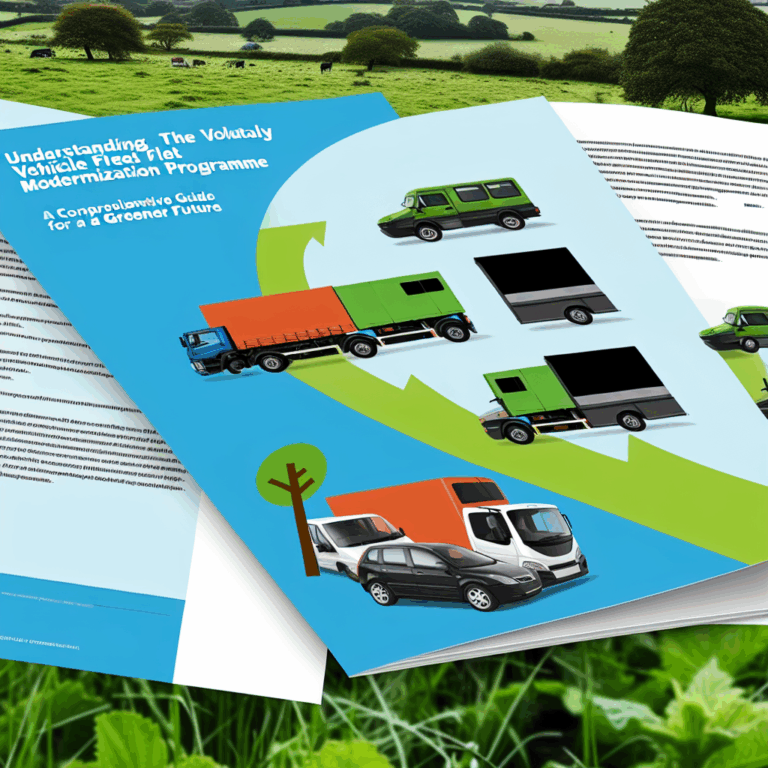Copyright @ 2023 www.digimitr.com. All rights reserved.

Unlocking Agricultural Potential: A Comprehensive Guide to the Namo Drone Didi Scheme by the Ministry of Agriculture & Farmers Welfare
Discover the details of the government scheme titled “Unlocking Agricultural Potential: A Comprehensive Guide to the Namo Drone Didi Scheme by the Ministry of Agriculture & Farmers Welfare”. This initiative is managed by the relevant ministry and aims on providing benefits to eligible beneficiaries.
Here is a comprehensive overview:
The Namo Drone Didi Scheme, spearheaded by the Ministry of Agriculture and Farmers Welfare in India, represents a groundbreaking initiative aimed at revolutionizing the agricultural landscape in the country. Recognizing the transformative potential of drone technology in agriculture, this scheme strives to empower women farmers and promote efficiency in farming practices. As agriculture plays a vital role in the Indian economy, the integration of innovative technology like drones is crucial for achieving sustainability, productivity, and environmental conservation.
Eligibility Criteria
To participate in the Namo Drone Didi Scheme, applicants must meet specific eligibility criteria. Primarily, the initiative targets women farmers who are actively engaged in agriculture. It is crucial that these farmers possess a basic understanding of drone technology and its applications in agriculture. Furthermore, the scheme encourages collaboration with local self-governments and agricultural cooperative societies, enabling a broader reach and impact. Farmers who have previously received training in the operation and maintenance of drones will be given preference during the selection process. This is designed to ensure that participants can effectively utilize the technology to enhance their agricultural practices.
Key Features and Benefits
The Namo Drone Didi Scheme boasts a plethora of key features that set it apart from conventional agricultural assistance programs. One of the primary aspects is its focus on empowering women, fostering gender equality in the agricultural sector. By equipping women farmers with advanced drone technology, the initiative aims to boost their productivity and independence.
The benefits of the scheme extend beyond just the participants themselves; the surrounding agricultural community also stands to gain through enhanced crop monitoring and management. Utilizing drones for aerial surveillance allows farmers to identify pest infestations and nutrient deficiencies more efficiently, facilitating timely interventions. Additionally, drone technology aids in precision agriculture techniques, ensuring that resources like water and fertilizers are used judiciously, thereby promoting sustainable farming practices.
Application Process
The application process for the Namo Drone Didi Scheme is designed to be user-friendly and accessible. Interested women farmers can complete their applications online through the official website of the Ministry of Agriculture and Farmers Welfare or through designated local government offices. The application form requires basic information such as the applicant’s name, contact details, geographical location, and prior experience with drone technology. Once the application has been submitted, a committee reviews it and conducts interviews with potential participants to ensure they meet the necessary criteria.
Moreover, successful candidates undergo specialized training sessions that cover various aspects of drone operation, maintenance, and their agronomic applications. The training also emphasizes safety measures and operational guidelines to ensure responsible use of drone technology in agriculture.
Funding and Budget
The Namo Drone Didi Scheme is backed by a robust funding mechanism aimed at ensuring its successful implementation. The budget allocated for this initiative encompasses training costs, equipment procurement, and maintenance. The government provides financial assistance to women farmers in acquiring drones, thereby alleviating the initial economic burden often associated with adopting new technologies.
Furthermore, collaborative efforts with agricultural universities and research institutions facilitate the development of specialized training programs, ensuring farmers receive comprehensive guidance. The funding model also encourages local self-governments to invest in community drone programs, making technology accessible to a broader audience.
Achievements or Impact
Since its inception, the Namo Drone Didi Scheme has made significant strides in enhancing agricultural productivity and empowering women farmers. Reports indicate that participants in the program have observed improved crop yields and reduced input costs. By employing drones for various tasks such as soil analysis, crop health monitoring, and irrigation management, farmers are now able to make data-driven decisions that significantly impact their agricultural practices.
Moreover, the scheme has fostered a sense of community among women farmers, creating a support network that shares knowledge and resources. According to testimonials, women involved in the program have not only improved their individual farming practices but have also contributed to uplifting their communities by inspiring others to embrace modern agricultural practices.
Challenges
Despite its numerous successes, the Namo Drone Didi Scheme faces several challenges that need addressing. One of the main hurdles is the initial resistance to adopting new technologies, particularly among traditional farmers who may be skeptical of drone use. Additionally, the lack of adequate training and digital literacy among some women farmers can hinder the effective utilization of drones.
There are also logistical challenges related to the maintenance and servicing of the drones, which may not be readily available in rural areas. Overcoming these challenges requires continuous outreach, education, and infrastructure development to ensure that the benefits of the scheme are universally accessible.
Recent Updates
In recent months, the Ministry of Agriculture and Farmers Welfare has announced a series of updates to enhance the Namo Drone Didi Scheme. These updates include the introduction of new training modules focused on advanced drone functionalities, such as multi-spectral imaging and data analysis. Furthermore, partnerships with private tech companies are being explored to facilitate research and development in drone technology tailored for agriculture.
In response to the challenges faced by participants, the government has also initiated awareness campaigns aimed at demystifying drone technology and emphasizing its benefits. This initiative seeks to encourage more farmers to participate in the program, thereby expanding its reach and impact.
Conclusion
The Namo Drone Didi Scheme exemplifies a forward-thinking approach to modernizing agriculture in India. By empowering women farmers through technology, the initiative paves the way for enhanced productivity and sustainability. As India continues to grapple with challenges in the agricultural sector, programs like this offer hope and solutions that are not only innovative but also inclusive. Future advancements in drone technology, combined with ongoing support for farmers, can lead to a more resilient agricultural framework, ultimately contributing to food security and economic growth.
FAQ
1. Who is eligible to apply for the Namo Drone Didi Scheme?
Eligibility is primarily geared towards women farmers actively engaged in agriculture. Basic knowledge of drone technology and prior training in drone operations is highly preferred. Collaborative partnerships with local self-governments and agricultural cooperatives are also encouraged.
2. What are the key benefits of the Namo Drone Didi Scheme?
The scheme empowers women farmers, enhances agricultural productivity through precision farming, and promotes sustainable practices. It also facilitates community-building among participants, allowing them to share knowledge and resources.
3. How can farmers apply for the Namo Drone Didi Scheme?
Farmers can apply online through the official Ministry of Agriculture and Farmers Welfare website or visit designated local government offices for assistance. The application process is designed to be accessible and user-friendly.
For more information, check out official government site,
Official government website or relevant source not provided.
Stay updated on related schemes and initiatives using hashtags: #Unlocking #Agricultural #Potential #Comprehensive #Guide #Namo #Drone #Didi #Scheme #Ministry #Agriculture #Farmers #Welfare
Join the discussion about this scheme in the comments below!





